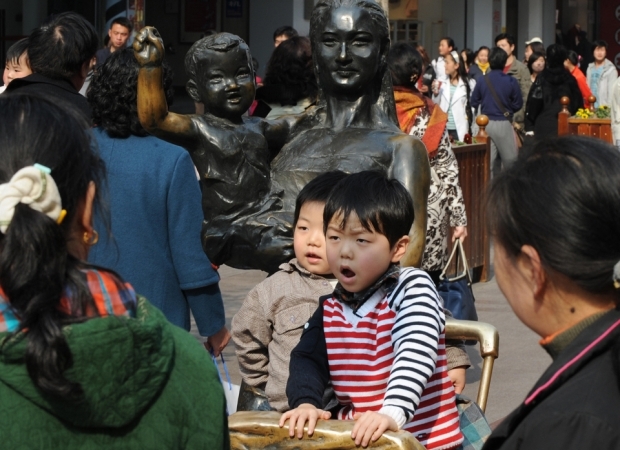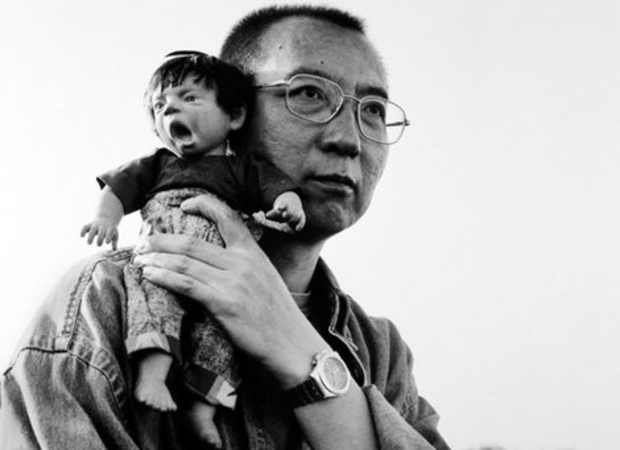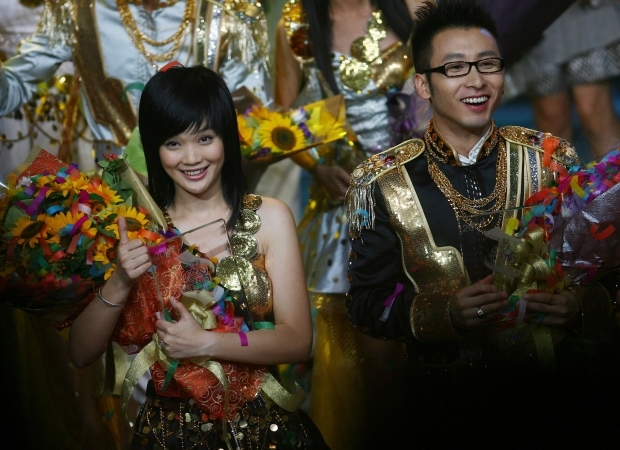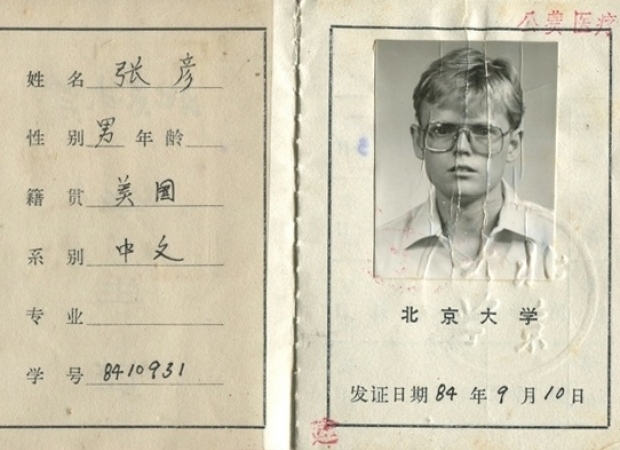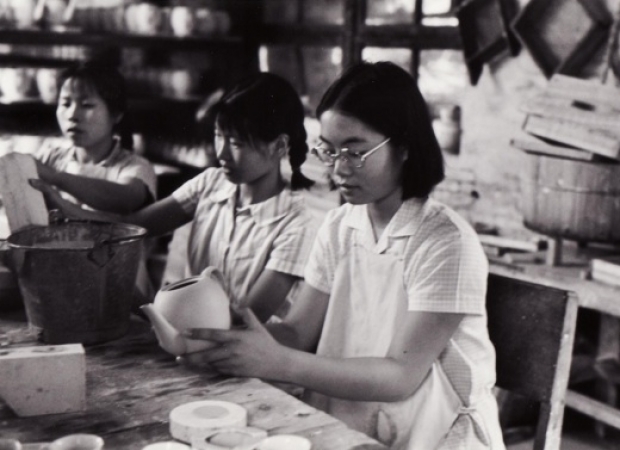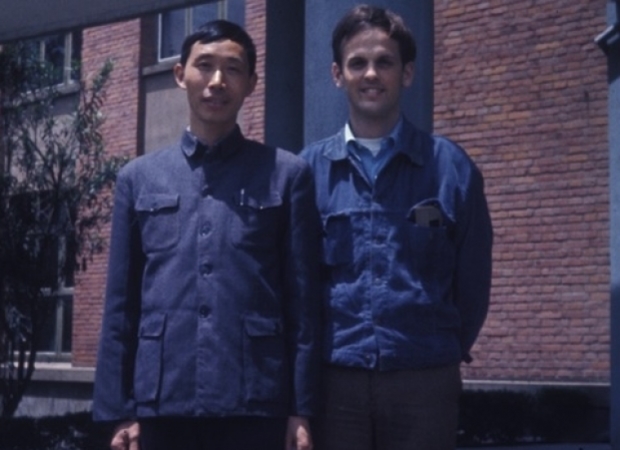
Chinese Firms Try Scoring with Spanish Soccer
When NBA journeyman Damon Jones signed a shoe deal with sporting goods maker Li Ning in 2006, he became the first in a long line of American basketball players to win a sponsorship from a Chinese company.
Today, China’s Peak Sport Products...

Debacle in Beijing
from New York Review of BooksThe story of a blind Chinese lawyer’s flight to the US Embassy in Beijing is likely to ignite accusations and recriminations until the US presidential election in November. But what few will acknowledge is a harsher truth: that for all our desire...

Beijing Dilemma: Is Chen Guangcheng the Next Fang Lizhi?
from New York Review of BooksThe Chinese lawyer Chen Guangcheng, blind since childhood, self-taught in the law, defender of women’s rights to resist forced abortion, thorn in the side of local despots in his home district of Linyi in Shandong province, veteran of a four-year...

The Tree That Bleeds
In 1997 a small town in a remote part of China was shaken by violent protests that led to the imposition of martial law. Some said it was a peaceful demonstration that was brutally suppressed by the government; others that it was an act of terrorism. When Nick Holdstock arrived in 2001, the town was still bitterly divided. The main resentment was between the Uighurs (an ethnic minority in the region) and the Han (the ethnic majority in China).
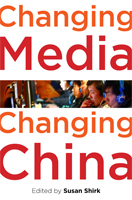
Changing Media, Changing China
Thirty years ago, the Chinese Communist Party (CCP) made a fateful decision: to allow newspapers, magazines, television, and radio stations to compete in the marketplace instead of being financed exclusively by the government. The political and social implications of that decision are still unfolding as the Chinese government, media, and public adapt to the new information environment.
Bringing Censors to the Book Fair
from New York Review of BooksWhen I arrived at the London Book Fair on Monday, I saw a huge sign outside showing a cute Chinese boy holding an open book with the words underneath him: “China: Market Focus.” The special guest of this year’s fair was the Chinese Communist...

Protest with Chinese Characteristics
The origin of political modernity has long been tied to the Western history of protest and revolution, the currents of which many believe sparked popular dissent worldwide. Reviewing nearly one thousand instances of protest in China from the eighteenth to the early-nineteenth centuries, Ho-fung Hung charts an evolution of Chinese dissent that stands apart from Western trends.
‘Worse Than the Cultural Revolution’
from New York Review of BooksTian Qing may be China’s leading cultural heritage expert. A scholar of Buddhist musicology and the Chinese zither, or guqin, the sixty-four-year-old now heads the Chinese Intangible Cultural Heritage Protection Center, an institution...
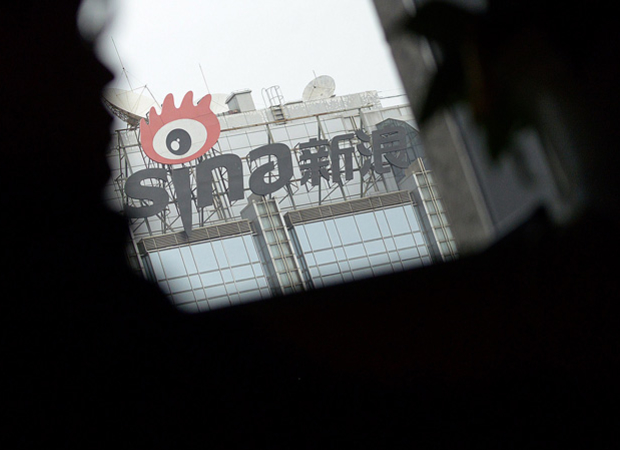
The End of the Expat Package?
from Sinica PodcastHeard the bad news? Word on the street is that Fat Package passed away in a Suzhou bar last month. We never really moved in the same circles as the guy, but if true we’ll miss his presence in town. Even while we were hustling to make ends meet...
China’s Death-Row Reality Show
from New York Review of BooksUntil it was taken off the air last December, one of the most popular television programs in China’s Henan province, which has a population of 100 million, was “Interviews Before Execution.” The presenter was Ding Yu, a pretty young woman, always...
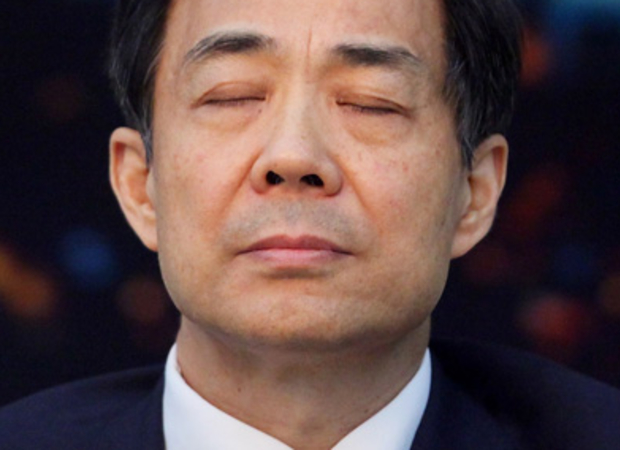
L’affaire Daisey
from Sinica PodcastIf you smell anything burning, it’s likely your Internet cable melting from the heat of all these rumors. Which is why at Sinica we turn our unforgiving gaze this week at unsubstantiated press, foreign and domestic, focusing first on reports of...
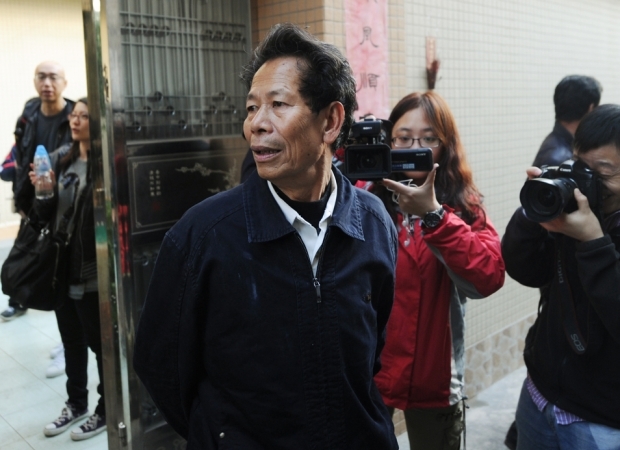
An Insider's Account of the Wukan Protest
For months, thousands of villagers in Wukan, Guangdong Province, staged large protests over illegal land seizures, rigged elections and official corruption. The unrest started in September, and as the months wore on they attracted nationwide,...
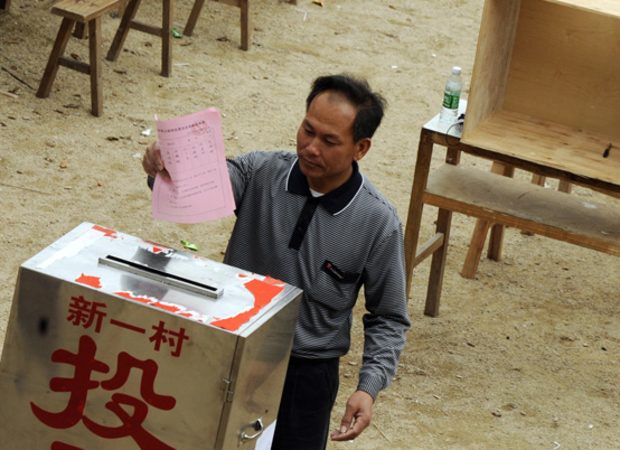
The Mirror of History: China Through the Looking Glass
from Sinica PodcastSinica is coming out a bit earlier than usual this week: We were lucky enough to catch Jeffrey Wasserstrom on Monday during a well-timed visit to Beijing, and dragged him into the studio to get his views on the recent elections in Wukan, what is...
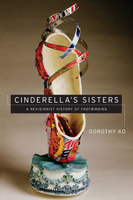
Cinderella’s Sisters
The history of footbinding is full of contradictions and unexpected turns. The practice originated in the dance culture of China’s medieval court and spread to gentry families, brothels, maid’s quarters, and peasant households. Conventional views of footbinding as patriarchal oppression often neglect its complex history and the incentives of the women involved. This revisionist history, elegantly written and meticulously researched, presents a fascinating new picture of the practice from its beginnings in the tenth century to its demise in the twentieth century.

China in the World
from Sinica PodcastThis week on Sinica, your hosts Kaiser Kuo and Jeremy Goldkorn are pleased to welcome Geremie R Barmé, the well-known Chinese historian, author,...
Learning How to Argue
from New York Review of BooksOne of China’s most outspoken public intellectuals, Ran Yunfei was detained last year after calls went out for China to emulate the “Jasmine Revolution” protests sweeping North Africa. He was held without trial for six months until last August....
Three Trends in Public Opinion Online in China
Looking back at China’s Internet in 2011, there were three broad trends that deserve greater attention. The first was a general shift from emotionally-driven nationalist chatter as the defining tone of China’s Internet to more basic attention to...

The Allure of the Southwest
from Sinica PodcastThis week on Sinica, Kaiser Kuo and Jeremy Goldkorn take a closer look at the beautiful city of Chongqing in a forthright discussion that delves into the myriad attractions of this beautiful and occasionally mysterious Chinese city, famous...

Running Dogs and Locusts
from Sinica PodcastOngoing tension between Hong Kong and mainland citizens erupted into open flames on February 1, when a Hong Kong group raised more than HKD 100,000 to publish a full-page anti-China advertisement in the Apple Daily comparing mainlanders...
Is Democracy Chinese?
from New York Review of BooksChang Ping is one of China’s best-known commentators on contemporary affairs. Chang, whose real name is Zhang Ping, first established himself in the late 1990s in Guangzhou, where his hard-hitting stories exposed scandals and championed freedom...

Year-End Roundup
from Sinica PodcastIt was the year of the housing market (up then down), Ai Weiwei’s imprisonment, Wukan, the Wenzhou train crash, air pollution, gutter oil, tainted milk, clenbuterol, China bulls and bears, government transparency, the soaring price of Maotai, Guo...
“Social Management” as a Way of Coping With Heightened Social Tensions
Over the last year there has been an increasing emphasis on “social management” as a way of managing increasing social tensions in Chinese society. Indeed, the effort the CCP is putting into publicizing this concept underscores high-level...
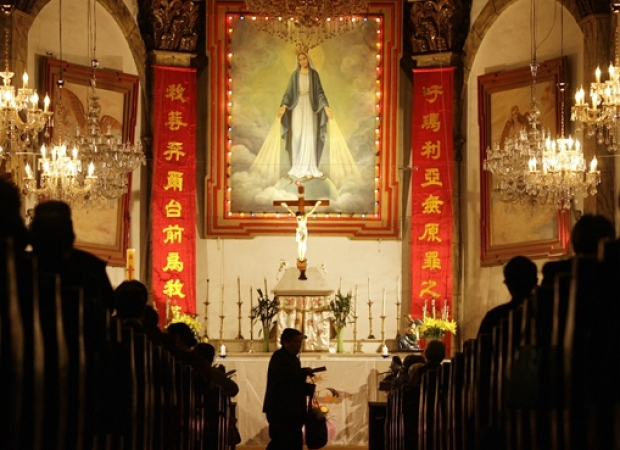
China Gets Religion!
from New York Review of BooksThis autumn, China has been marking the one hundredth anniversary of the collapse of its last imperial dynasty, the Qing, with a series of grand celebrations. The government has released an epic film showing how the revolution of 1911 prepared...
Do China’s Village Protests Help the Regime?
from New York Review of BooksOver the past two weeks, the Western press has focused on a striking story out of China: a riveting series of protests in Wukan, a fishing village in the country’s prosperous south. The story is depressingly familiar: Corrupt cadres sell off...
My First Return Trip to China
Thomas Wolfe's admonition that “you can't go home again” notwithstanding, I returned to the land of my birth after an absence of 33 years. I was born in Nanjing and spent a good part of my childhood in Chongqing. In November 1937, Japanese forces...
Catalyzing Social Investment in China
In May 2008, an earthquake hit the western Chinese province of Sichuan, taking 80,000 lives and displacing millions of others. The earthquake inspired an increase in donations from RMB13.3 billion in 2007 to RMB76.4 billion in 2008 and...
Are China’s Rulers Getting Religion?
from New York Review of BooksWith worsening inflation, a slowing economy, and growing concerns about possible social unrest, China’s leaders have a lot on their plates these days. And yet when the Communist Party met at its annual plenum earlier this week, the issue given...
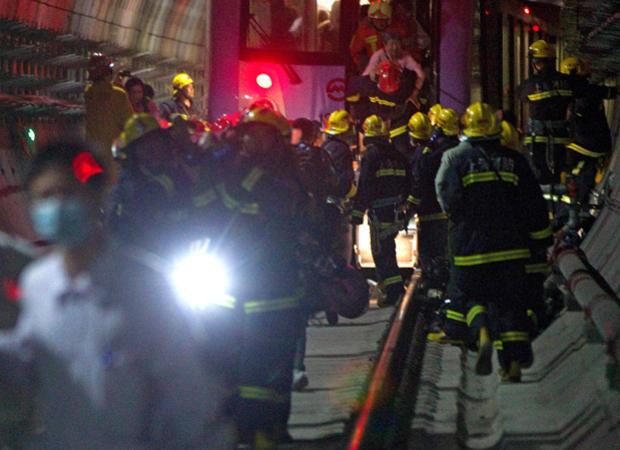
The Shanghai Train Accident
from Sinica PodcastAt least 284 people were injured on Tuesday when a train in the Shanghai metro smashed into another which had stalled on the tracks. The accident, which threw Shanghai into disarray, came only two months after another near-disastrous incident on...
China’s Tibetan Theme Park
from New York Review of BooksIn the international press, China’s tensions with Tibet are often traced to the Chinese invasion of 1950 and Tibet’s failed uprising of 1959. But for the Chinese themselves, the story goes back much further—at least to the reign of Kangxi, the...

Not in My Backyard
from Sinica PodcastWhile some Chinese media have flown into high dudgeon over allegations of sun-exposed hamburger buns at McDonalds, powder-based soy milk at KFC, and pork broth made from concentrate at Ajisen, a more grassroots protest gained notice across China...
‘I’m Not Interested in Them; I Wish They Weren’t Interested in Me’
from New York Review of BooksAmid the recent crackdown on dissidents by the Chinese government, the case of Liao Yiwu, the well-known poet and chronicler of contemporary China, is particularly interesting. For years, Liao’s work, which draws on extensive interviews with...
Measuring the Economic Gain of Investing in Girls
This report discusses the economic impact of the exclusion of girls from productive employment in developing countries. The paper explores the linkages between investing in girls and potential increases in national income by examining three...

Train Wrecks
from Sinica PodcastAfter a long and hot July marked by the near-absence of most of our guests, Sinica host Kaiser Kuo is pleased to be back this week leading a discussion of the recent accident on the high-speed Hangzhou-Wenzhou rail line, an accident that has...
Toward a Healthy and Harmonious Life in China
China’s 12th five-year plan (2011-2015) aims to promote inclusive, equitable growth and development by placing an increased emphasis on human development. Good health is an important component of human development, not only because it makes...
Strangers at Home: North Koreans in the South
As the number of defectors from North Korea arriving in the South has surged in the past decade, there is a growing understanding of how difficult it would be to absorb a massive flow of refugees. South Korea is prosperous and generous, with a...
China’s Political Prisoners: True Confessions?
from New York Review of BooksThe Chinese artist Ai Weiwei’s ankle-deep heap of porcelain sunflower seeds bewitched recent visitors to London’s Tate Modern. But in early April Ai’s strong criticisms of the regime led to his disappearance somewhere in Beijing. On June 22,...
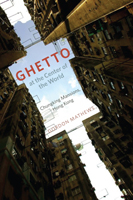
Ghetto at the Center of the World
There is nowhere else in the world quite like Chungking Mansions, a dilapidated seventeen-story commercial and residential structure in the heart of Hong Kong’s tourist district. A remarkably motley group of people call the building home: Pakistani phone stall operators, Chinese guesthouse workers, Nepalese heroin addicts, Indonesian sex workers, and traders and asylum seekers from all over Asia and Africa live and work there—even backpacking tourists rent rooms. In short, it is possibly the most globalized spot on the planet.

Crazed Madmen, Foreign and Domestic
from Sinica PodcastDespite losing almost a dollar for every dollar of revenue last year, Chinese Facebook clone Renren (人人网) made a spectacular launch on Wall Street last week, raising U.S.$743.4 million in a crazed initial public offering. So it’s no surprise that...
China Misunderstood: Did We Contribute to Ai Weiwei’s Arrest?
from New York Review of BooksLike many artists, Ai Weiwei enjoys provoking. It isn’t just his finger-to-the-Chinese-government images that he has become known for but also how he does it: his obsessive-compulsive documentation of himself in photos, blogs, tweets, and rants...
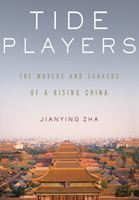
Tide Players
In Tide Players, acclaimed New Yorker contributor and author Jianying Zha depicts a new generation of movers and shakers who are transforming modern China. Through half a dozen sharply etched and nuanced profiles, Tide Players captures both the concrete detail and the epic dimension of life in the world’s fastest growing economy.
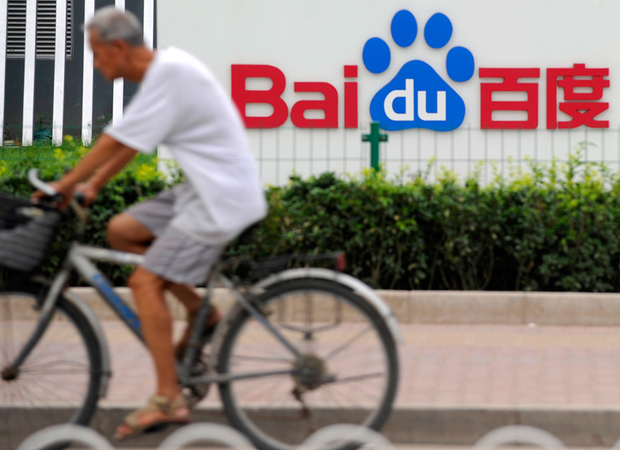
Scandal in Baidu and Chongqing
from Sinica PodcastA year after our first show memorialized Google’s retreat from the China market, our first anniversary sees Sinica host Kaiser Kuo and his employer on the defensive as Gady Epstein and Bill Bishop grill Kaiser over recent allegations of copyright...
Counter-Terrorism and Human Rights
Middle East Revolutions: The View from China
from New York Review of BooksChinese authorities have done what they can to block news of Egyptian people-power from spreading to China. Reports about Egypt in China’s state-run media have been brief and vacuous. On February 6, at the height of the protests, the People’s...
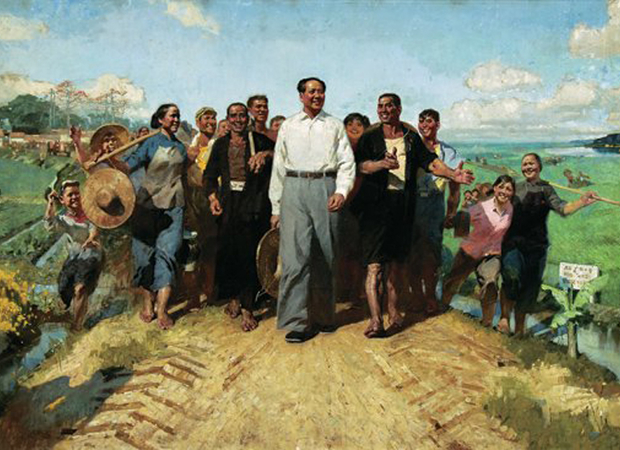
The Worst Man-Made Catastrophe, Ever
from New York Review of BooksWhen the first waves of Chinese graduate students arrived on American campuses in the early 1980s, they were excited at entering an unfettered learning environment. After the recent ravages of the Cultural Revolution, political science students...
A Seventeen-Province Survey of Rural Land Rights in China
China continues to boost economic development in the countryside by extending secure land tenure rights to its 200 million farming families, according to findings from a seventeen-province survey, published in the 2011 Chinese Academy of Social...
Prospects for Democracy in Hong Kong: The 2012 Election Reforms
Support for the democratization of Hong Kong has been an element of U.S. foreign policy for over seventeen years. The democratization of Hong Kong is also enshrined in the Basic Law, Hong Kong’s quasi-constitution that was passed by China’s...
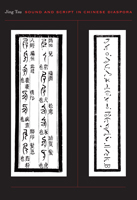
Sound and Script in Chinese Diaspora
What happens when language wars are not about hurling insults or quibbling over meanings, but are waged in the physical sounds and shapes of language itself? Native and foreign speakers, mother tongues and national languages, have jostled for distinction throughout the modern period. The fight for global dominance between the English and Chinese languages opens into historical battles over the control of the medium through standardization, technology, bilingualism, pronunciation, and literature in the Sinophone world.
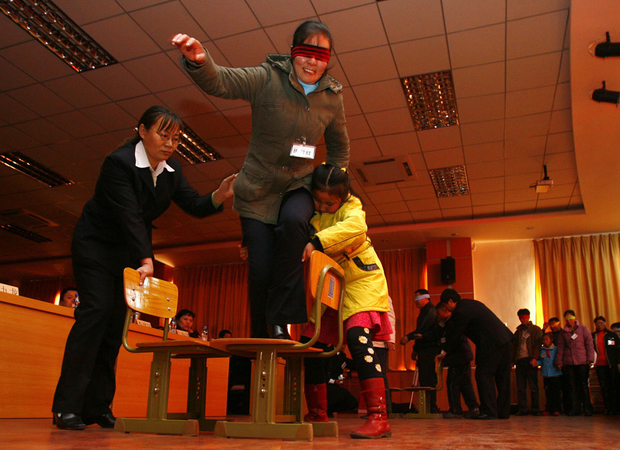
Amy Chua and the Tiger Mother Furor
from Sinica PodcastJudging from the explosive reaction to her recent Wall Street Journal editorial, it’s clear that Amy Chua's memoir Battle Hymn of the Tiger Mother...
Early Childhood Development and Education in China: Breaking the Cycle of Poverty and Improving Future Competitiveness
Given China's goal to develop a harmonious society and to improve the competitiveness of its future workforce in order to overcome the challenges of an aging population and move toward a high-income society, there is an urgent need to identify...
Finding the Facts About Mao’s Victims
from New York Review of BooksYang Jisheng is an editor of Annals of the Yellow Emperor, one of the few reform-oriented political magazines in China. Before that, the seventy-year-old native of Hubei province was a national correspondent with the government-run...
At the Nobel Ceremony: Liu Xiaobo’s Empty Chair
from New York Review of BooksOn December 10, I attended the award ceremony in Oslo, Norway, for the Nobel Peace Prize, which the government of China had a few days earlier declared to be a “farce.” The recipient was a friend of mine, the Chinese scholar and essayist Liu...

The Wikileaks Revelations, Part III
from Sinica PodcastAs Interpol deepens its investigation into Mr. Assange’s use of birth control and financial service companies feel the wrath of script-kiddies worldwide, our own crew of Internet vigilantes sifts through the remains of the Wikileaks data-dump in...




